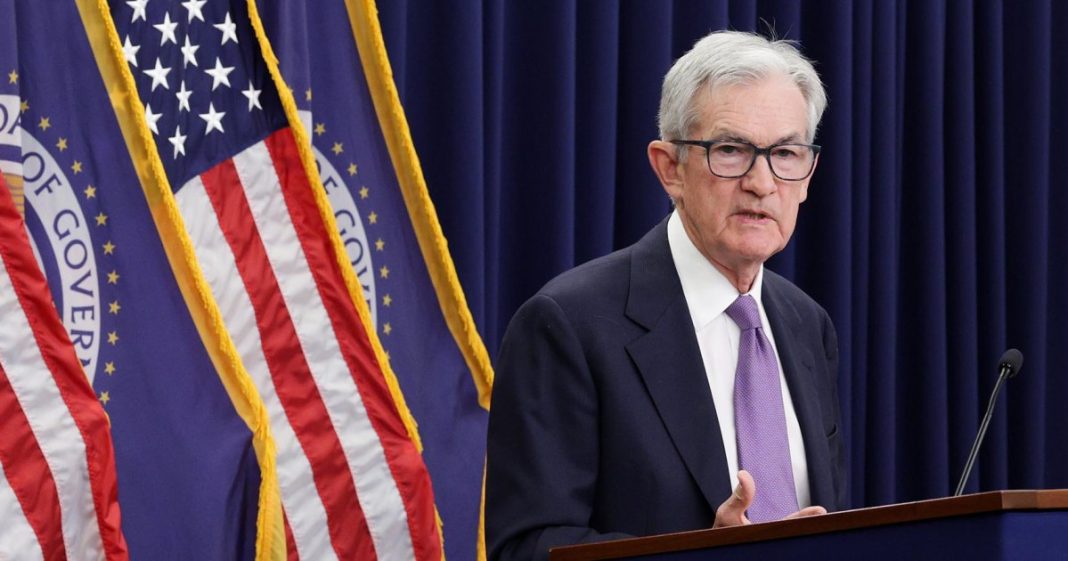Key Takeaways
- Major US stock indices fell sharply as December rate cut probability dropped below 50%
- Federal Reserve officials appear divided on further interest rate reductions
- Missing economic data due to government shutdown adds to market uncertainty
US stocks experienced significant declines on Thursday as investor expectations for a December interest rate cut diminished substantially. The probability of a Fed rate reduction fell from over 90% to less than 50% within two weeks, triggering widespread market selloffs.
Market Performance Details
The S&P 500 closed down 1.6%, while the Nasdaq Composite dropped 2.3% and the Russell 2000 fell 2.9%. The Dow Jones Industrial Average lost 797 points after reaching record highs just the previous day. Technology stocks were particularly hard hit, with Dell Technologies declining 4.8%, Nvidia falling 3.8%, and Palantir dropping 6.5%.
Despite the recent downturn, major indices remain up by double-digit percentages for the year, with the Russell 2000 showing nearly 7% gains in 2025.
Fed Officials Divided on Rate Cut Path
Federal Reserve Chair Jerome Powell set the tone on October 29 by stating that “a further reduction in the policy rate at the December meeting is not a foregone conclusion.” This marked a significant shift from previous market expectations.
Several Fed officials have since expressed caution about additional rate cuts:
- Fed Governors Lisa Cook and Philip Jefferson
- Regional Presidents Alberto Musalem and Austan Goolsbee
- Boston Fed President Susan Collins
- Kansas City Fed President Jeffrey Schmid
Collins specifically noted, “I see several reasons to have a relatively high bar for additional easing in the near term.”
Evercore ISI analyst Krishna Guha observed that these comments “raised the level of concern about Powell’s struggle to manage deep divisions within the FOMC and creates additional uncertainty over the path of rates.”
Data Gap Complicates Decision Making
The recent government shutdown has created significant data gaps, with two monthly jobs reports and the latest inflation data remaining unreleased. Powell compared the situation to “driving in the fog” where the appropriate response is to “slow down.”
The White House confirmed that September’s jobs report would be released post-shutdown, but October’s report might not be issued. Economists suspect October’s inflation data may never be published due to insufficient data collection during the shutdown period.
These developments collectively reduce confidence in a December rate cut, according to market analysts.




